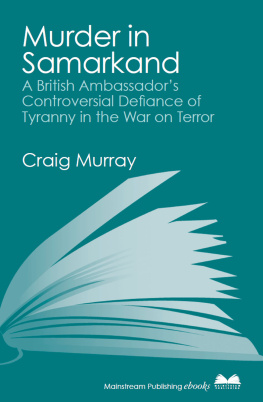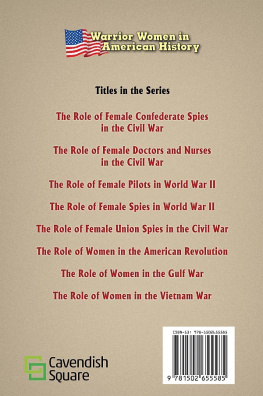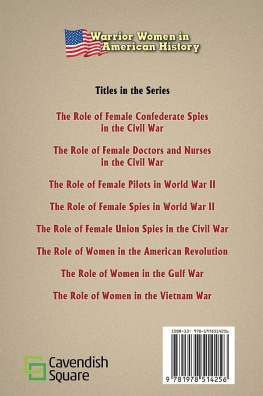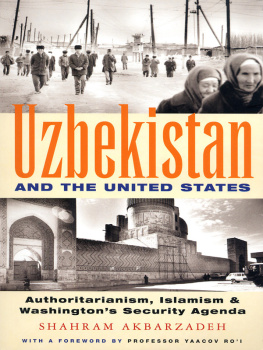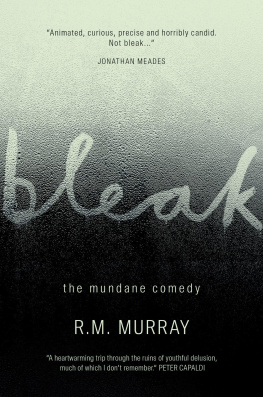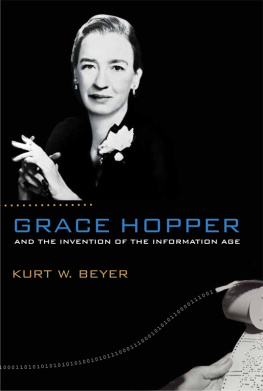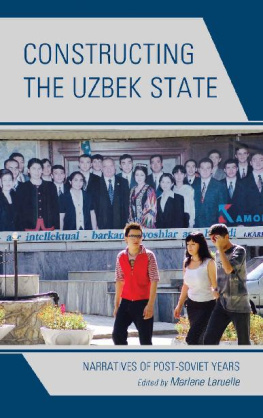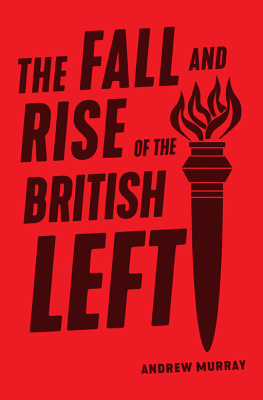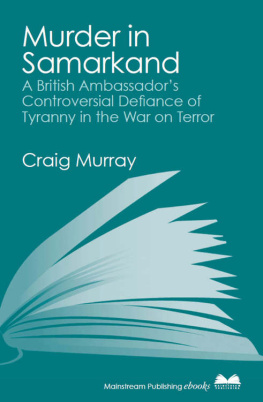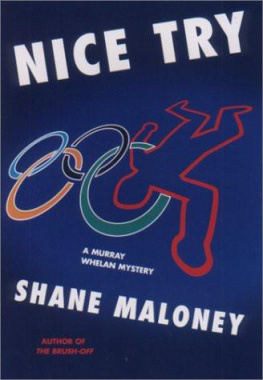CONTENTS
MURDER IN SAMARKAND
A British Ambassadors Controversial Defiance of Tyranny in the War on Terror
Craig Murray

This ebook is copyright material and must not be copied, reproduced, transferred, distributed, leased, licensed or publicly performed or used in any way except as specifically permitted in writing by the publishers, as allowed under the terms and conditions under which it was purchased or as strictly permitted by applicable copyright law. Any unauthorised distribution or use of this text may be a direct infringement of the authors and publishers rights and those responsible may be liable in law accordingly.
Epub ISBN: 9781780578262
Version 1.0
www.mainstreampublishing.com
This edition published, 2007
Copyright Craig Murray, 2006
All rights reserved
The moral right of the author has been asserted
First published in Great Britain in 2006 by
MAINSTREAM PUBLISHING COMPANY
(EDINBURGH) LTD
7 Albany Street
Edinburgh EH1 3UG
ISBN 9781845962210
No part of this book may be reproduced or transmitted in any form or by any means without written permission from the publisher, except by a reviewer who wishes to quote brief passages in connection with a review written for insertion in a magazine, newspaper or broadcast
A catalogue record for this book is available from the British Library
Preface
This is the story of my Mission to Tashkent in the years 2002 to 2004. To the best of my knowledge and ability this is a true story, though it is told largely from memory.
But most importantly it is the truth as I perceived it. Our backgrounds, experience, emotional states, the acuity of our senses and the depth of our understanding all affect our perception. Different people can thus experience the same events and have a different take on what happened. I am not saying that mine is uniquely correct. This is what seemed to me to be happening, and how it felt to be me, experiencing it.
I also wanted to debunk the notion that I am a heroic figure. I am not. Standards of morality vary, but many would judge that in my private life I behaved pretty badly. In the small hours of the night, I tend to agree. What I think I did right was to refuse to go along with some absolutely dreadful things the West was at best overlooking, probably condoning and arguably encouraging in the name of the War on Terror.
When I was at school, I recall we used to debate how we would have reacted had we been German in the 1940s and ordered to go along with some of the horrors of the Nazi regime. I dont think in my wildest dreams I imagined I might ever actually face that kind of dilemma. But my brilliant career, resulting in my appointment as Ambassador at the age of 43, ended with me writing in an official telegram to Jack Straw, British Foreign Secretary: I will not attempt to hide my contempt for such casuistry, nor my shame that I work in an organisation where colleagues would resort to it to justify torture.
Something happened on 11 September 2001 that caused the West to lose its moral bearings in a way that led government machines, and those who worked in them, to move a significant way down the path of contempt for individuals. The Nazis went much further down that path, but it is undeniably the same one. To me, the astonishing thing was that my colleagues, ordinary decent people, followed unquestioningly. In the whole Foreign and Commonwealth Office (FCO), I know only of Elizabeth Wilmshurst, Carne Ross and a clerk in the Eastern Department, whose name even I have forgotten, who refused and resigned. The scary thing is the eagerness of the authoritarian forces in government, especially MI5 and MI6, to grasp this opportunity to try to land a lethal blow on Western liberalism. I have a feeling that liberalism will yet prove too strong for them. If we lose liberalism, al-Qaeda has won.
It will surprise readers in many countries that the British government has the power to censor books by former civil servants and even to ban them completely. In the current shift towards authoritarianism, Jack Straw has announced to Parliament that the government intends to tighten these rules still further to make such suppression even easier. There has been no proposal for the public burning of books yet, but give it time. In an effort to prevent the complications of a ban, I have succumbed to censorship and made a number of changes and omissions. Where this has happened, I note the fact in the footnotes.
I have reported many conversations as direct speech. I have an excellent memory for dialogue, but I am not claiming that every single word is precisely correct. I am, however, confident that the tone and meaning are 100 per cent correct. The direct speech may be regarded as a stylistic device to drive the narrative forward.
I may have got the odd date wrong but not, I believe, any of significance. A few names have been changed to protect the guilty, several to protect the innocent and a very few because I could not remember the real ones. I have changed the names of quite a few Uzbeks to protect them from retaliation by the regime. Serious and trustworthy journalists or researchers who need the real names should contact me.
I had wanted to publish a large number of documents to corroborate my story, but the government has informed me, and indeed informed Parliament, that they will take legal action should I do so. As that could result in the book being blocked, I have reluctantly removed the documents, even though I had obtained the formal release of a number of these. It is, however, little realised that the British government claims the power to prevent the publication of documents even when they have been released under the Data Protection Act (DPA) or Freedom of Information Act (FoIA). It claims that it still retains copyright over any document produced by the government, so even if something is obtained legitimately under the DPA or FoIA, it still cannot be published without the governments consent.
Plainly, the government is trying to claw back the very limited gains in Freedom of Information in the UK. I have therefore posted the documents to the web, where they can be viewed for free. You can find them at:
http://www.craigmurray.co.uk/documents/docs.html
http://www.blairwatch.co.uk/murray/docs.html
http://dahrjamailiraq.com/murray/index.php.
The latter especially should be safe from technical or legal attack, but in the event of any attack on these sites, I hope they will spring up elsewhere and be found with a little creative googling.
I have not used any established system of rendering Russian or Uzbek names, opting for a personal choice of what is readable.
Several conversations that originally took place in Russian are given in English.
C.M.
For Bryan Harris, a friend in need.
We travel not for trafficking alone:
By hotter winds our fiery hearts are fanned:
For lust of knowing what should not be known,
We make the Golden Journey to Samarkand.
James Elroy Flecker 18841915
Abbreviations
| BAT | British American Tobacco |
| CEELI | Central and Eastern European Legal Initiative |
| CIA | Central Intelligence Agency |
| CTPD | Counter Terrorism Policy Department |
| DFID | Department for International Development |
| DSA | Diplomatic Service Association |
| EBRD | European Bank for Reconstruction and Development |
Next page
